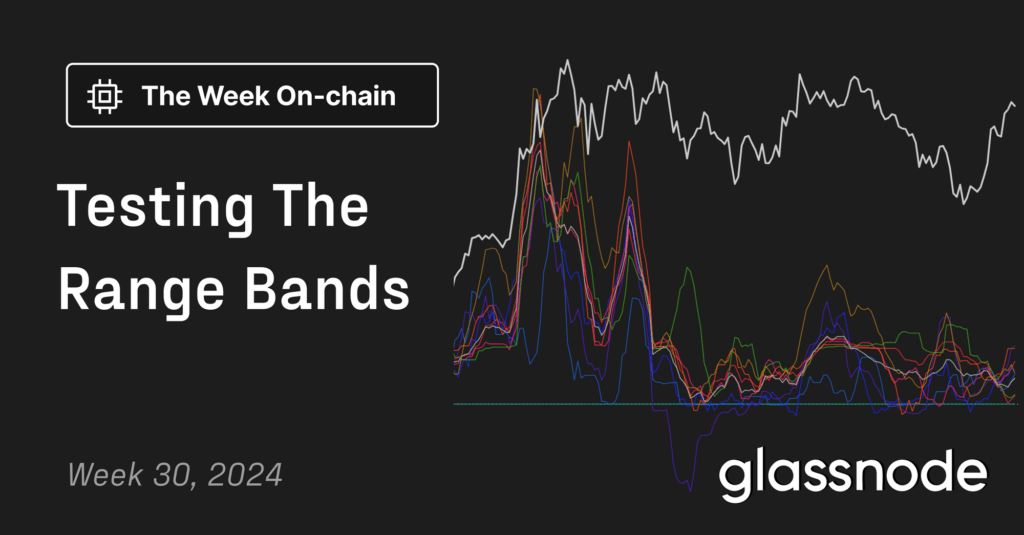Research Summary
The report explores the unique dynamics of the Korean cryptocurrency market, highlighting the cultural and regulatory factors that influence its operation. It delves into the reasons behind Koreans’ love for cryptocurrencies, their preference for centralized exchanges over decentralized finance (DeFi), and the impact of government regulations on the crypto market. The report also provides insights from industry insiders and discusses the potential for DeFi adoption in Korea.
Key Takeaways
Korean Crypto Culture and Market Dynamics
- High Crypto Engagement: Koreans have a high level of engagement with cryptocurrencies, with the country accounting for a significant portion of global Bitcoin and Ethereum trading volumes. This is attributed to the country’s rapid adoption of new technologies and the cultural mentality of achieving wealth quickly.
- ‘Kimchi Premium’ Phenomenon: The report discusses the ‘Kimchi Premium’ phenomenon, where the local Bitcoin price was up to 40% higher in Korea compared to US exchanges. This was a result of intense speculation and trading activity, which subsided following government regulations in 2018.
- Crypto as an Alternative to Gambling: With limited high-risk investment opportunities and strict regulations on gambling, Koreans view crypto trading as a fast way to accumulate wealth. This perspective differs from Western narratives of cryptocurrencies as a means to ‘unbank the bank’ or as ‘digital gold’.
Regulatory Impact on Korean Crypto Market
- Stringent Regulations: The Korean government has imposed strict regulations on crypto trading, requiring real-name bank accounts for transactions and imposing penalties for non-compliance. These regulations have led to the closure of many crypto exchanges, with only a few currently operating with real-name bank accounts.
- Impact on DeFi Adoption: Despite the popularity of cryptocurrencies, DeFi is not as popular in Korea. This is attributed to the high trust in the financial system, the complexity of DeFi platforms, and the lack of educational content in Korean. Additionally, the potential returns from DeFi are not considered attractive enough compared to leverage trading on global exchanges.
Actionable Insights
- Localization of DeFi Platforms: To increase DeFi adoption in Korea, platforms need to be localized to cater to Korean users. This includes translating materials and websites into Korean and collaborating with popular centralized entities or mobile wallet companies that are familiar to Korean users.
- Education and Marketing: There is a need for more educational content in Korean to help users understand DeFi. Active marketing strategies, such as interviews and events in Korea, can also help attract users to DeFi platforms.
- Building Trust: Having a token traded on Korean exchanges can help familiarize users with the DeFi platform and build trust. Once users can benefit from the token, they are more likely to participate in the ecosystem.











